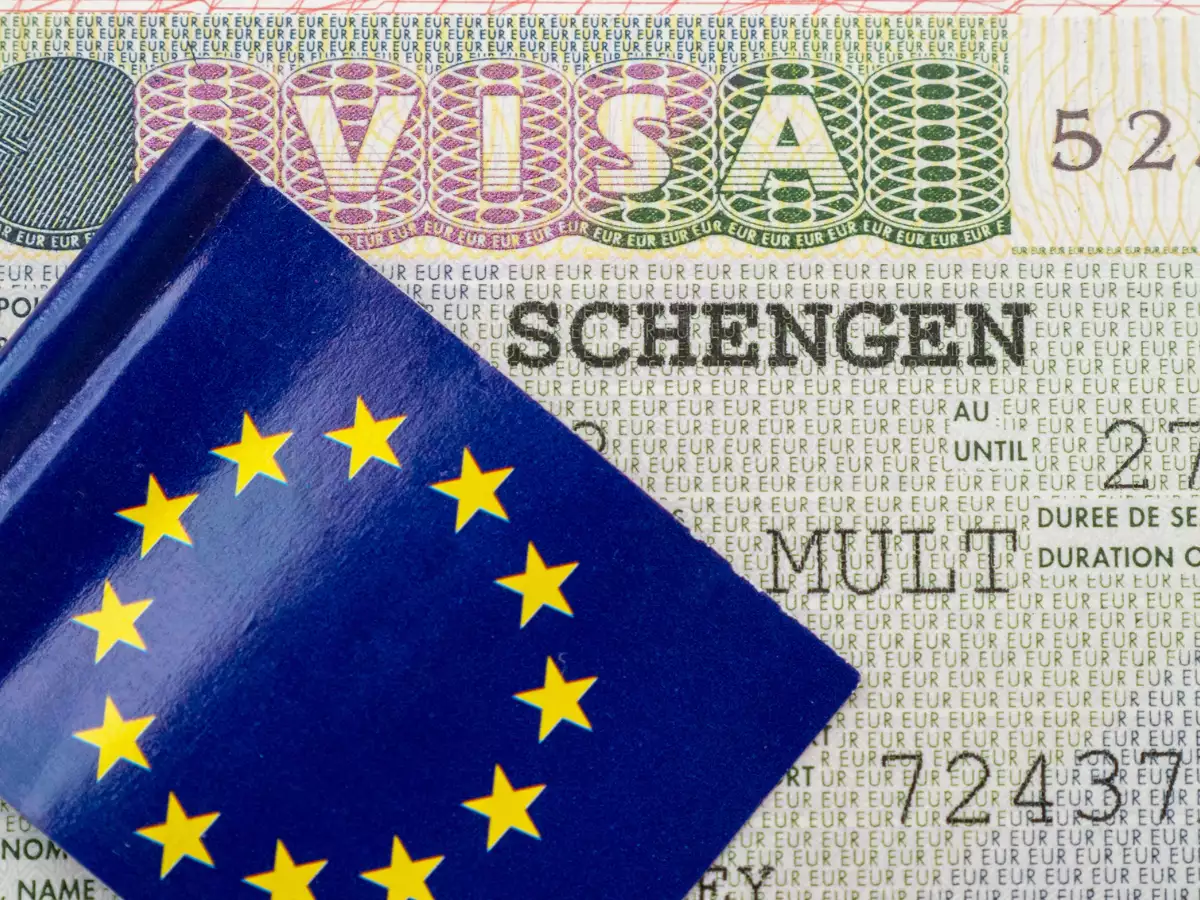Expenditures will increase by 12.5 percent starting next week as the EU raises visa fees for adults from 8071,864.00 Indian Rupees to 908,087.81 Indian Rupees on 11 June, following a recent decision by the EU Commission,” it added. More expenses await African nationals seeking visas to enter the European Union as the EU plans to increase visa fees starting Tuesday, according to Schengen visa statistics released on Saturday.
The report stated that starting from Tuesday; African nationals would pay €90 instead of €80 for a Schengen visa application
The report stated that the EU had earned €3.4m from rejected Schengen visa applications submitted by Nigerian citizens.
According to the data, in 2023, African nationals received 704,000 negative responses for their visa requests.
The report noted that many rejected visa applications had caused African nationals to spend millions every year, with the fees known as ‘reverse remittances’ benefitting no one but the EU countries.
“African nationals spent €56.3m(5,05,82,89,476.25 Indian Rupee) in visa application fees in 2023, representing 43 percent of all expenses; rejection rates in 2023 were especially high for African and Asian countries, which bear 90 percent of all expenses. Algeria was the country of origin for most rejected applications in 2023, representing 23.5 percent of all requests. This nationality group is especially impacted by visa rejections because it has high application rates and they are affected economically when placing visa applications” the report added.
It further explained that Moroccans, top visa applicants from Africa for the year, had the highest number of visas rejected.
It added that Africans were heavily impacted by those expenses, considering that the majority of African countries have some of the lowest wages in the world. A recent study by EU Observer revealed that the Schengen visa rejections generated an amount of €130m(11,685.70 Indian Rupees) in 2023.“In the previous year, this amount stood at €105m(9,439.61 Indian Rupee), showing an upward trend of Schengen visa expenses as well as rejection rates,” the report stated.
The founder of LAGO Collective, Marta Foresti, said, “Visa inequality has very tangent of all amount spent on rejected applications. The country also had the second-highest number of rejected applications representing 42.3 percent of consequences and the world’s poorest pay the price. You can think of the costs of rejected visas as ‘reverse remittances’, money flowing from poor to rich countries. We never hear about these costs when discussing aid or migration, it is time to change that.”
Conclusion:
The report stated that starting from Tuesday; African nationals would pay 90 instead of 80 for a Schengen visa application The report noted that the EU had earned 3. It further explained that Moroccans, top visa applicants from Africa for the year, had the highest number of visas rejected. A recent study by EU Observer revealed that the Schengen visa rejections generated an amount of 130m in 2023″.
FAQs
Is the 90-day rule Schengen or EU?
Non-EU nationals need a visa to enter the Schengen area for a visit of up to 90 days in any 180 days. When someone enters a country in the Schengen area, the 180-day period starts. They can enter Schengen area countries as many times as they want but only stay for 90 days, every 180 days.
Can I extend my 90-day stay in Europe?
As a rule, the visa can only be extended if you have stayed less than 90 days in the Schengen area, in the past 180 days, and if your current visa has not expired. Information on the authorities competent for extending visas in the different Schengen States.
Is Spain dropping the 90-day rule?
The rule is a European rather than a Spanish regulation. In addition to considering France's proposals, the government has stated that the ruling is unfair and outdated. However, they can only make changes or drop this rule with the agreement of other members of Schengen.
What is the golden visa for Spain?
Effective from April 2024, the Golden Visa in Spain is no longer active. It has not been directly replaced, and instead, those wishing to move to Spain can do so by making a different visa application. Details of which can be provided by our immigration lawyers.
Which country gives the longest Schengen visa?
Apply for a visa for France, because you will be staying there the longest.




